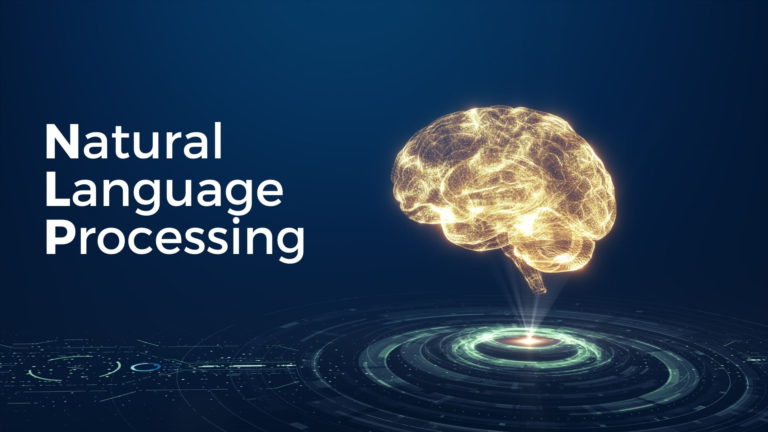Natural Language Processing (NLP) is an exciting and rapidly evolving field that blends artificial intelligence, linguistics, and computer science. But one of the most common questions students ask is: Is natural language processing a difficult course? The answer depends on your background, but with the right resources and mindset, mastering NLP is entirely possible.
Northwestern NLP Course, Techniques, COMP 677, Jobs
What Makes NLP Challenging?
To understand why NLP can be difficult, let’s break it down:
- Mathematics and Statistics: NLP relies heavily on probability, linear algebra, and calculus.
- Programming Skills: Python is the dominant language, and frameworks like TensorFlow and PyTorch are commonly used.
- Linguistic Concepts: Understanding syntax, semantics, and language structures is crucial.
- Machine Learning & Deep Learning: NLP involves training models, fine-tuning algorithms, and working with large datasets.
So, is natural language processing a difficult course? Yes, it can be, especially if you’re new to AI or machine learning. However, with dedication and the right coursework, it is definitely manageable.
Studying NLP at Northwestern University
For those considering a structured approach, Northwestern natural language processing programs offer some of the best academic training in the U.S. Students learn from top professors, work on real-world projects, and get exposure to cutting-edge NLP applications.
A standout course is COMP 677 Explainable Natural Language Processing. This course focuses on making AI models more interpretable, ensuring that NLP applications are transparent and ethical. Understanding explainability in AI is crucial, especially for industries like healthcare and finance, where decisions must be well-justified.
Key NLP Techniques to Master
To succeed in this field, you need to get familiar with essential natural language processing techniques, including:
- Tokenization: Splitting text into words or phrases.
- Sentiment Analysis: Determining the emotion behind text.
- Named Entity Recognition (NER): Identifying names, locations, and organizations in text.
- Part-of-Speech Tagging: Labeling words as nouns, verbs, adjectives, etc.
- Text Summarization: Generating concise summaries of long documents.
- Transformer Models: Understanding models like BERT and GPT is key for modern NLP tasks.
Mastering these natural language processing techniques will set you up for success in academic courses and future job opportunities.
Career Opportunities in NLP
If you’re wondering about natural language processing jobs, you’re in luck—demand for NLP professionals is booming. AI-driven companies, healthcare organizations, financial institutions, and tech giants like Google, Microsoft, and OpenAI are all hiring.
Common NLP job roles include:
- NLP Engineer – Develops and optimizes AI-driven text analysis models.
- Data Scientist – Uses NLP to extract insights from massive datasets.
- AI Research Scientist – Works on advancing NLP methodologies.
- Machine Learning Engineer – Designs and implements AI-powered applications.
With so many natural language processing jobs available, pursuing an NLP course can be a great investment in your future career.
Final Thoughts
So, should you take an NLP course? If you’re passionate about AI, language, and problem-solving, the answer is yes! While is natural language processing a difficult course is a valid concern, the right program—such as Northwestern natural language processing offerings—can provide the tools and knowledge needed to succeed.
By focusing on fundamental natural language processing techniques, taking specialized courses like COMP 677 Explainable Natural Language Processing, and exploring various natural language processing jobs, you’ll be well on your way to a rewarding career in this cutting-edge field.
Ready to dive in? Start exploring NLP courses today and take the first step toward becoming an NLP expert!
